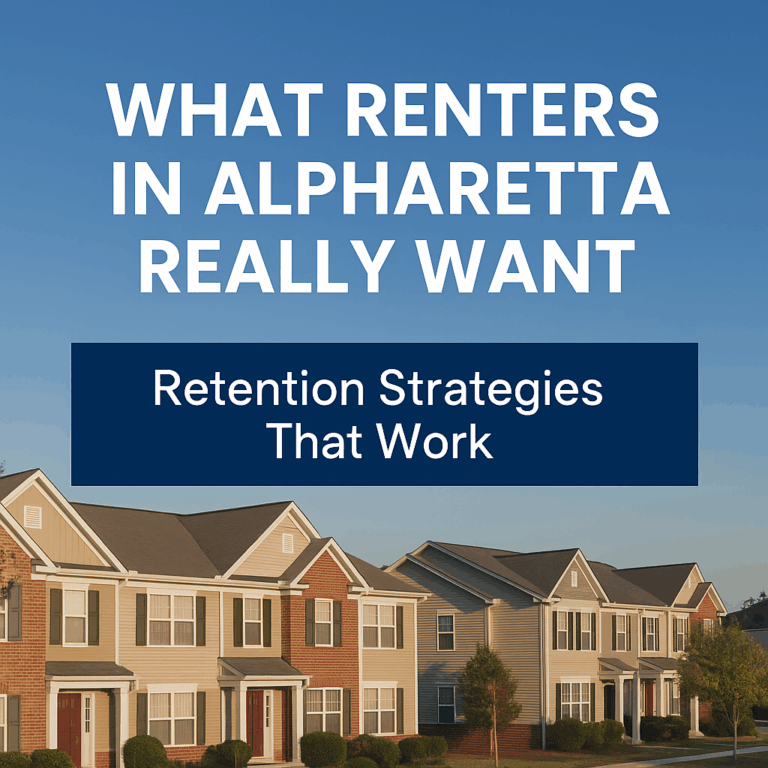Navigating the Challenges of Unplanned Property Management
 Becoming a landlord is often a choice, but for some, it happens by accident. Perhaps you inherited a family home, relocated for work but couldn’t sell your property, faced an unplanned financial change that led you to rent out your home or maybe you have to leave but think you will eventually come back so you want to keep your home. Whatever the reason, accidental landlords face challenges from legal obligations to property maintenance and tenant relations. You must understand these challenges to manage a rental property effectively and avoid common pitfalls.
Becoming a landlord is often a choice, but for some, it happens by accident. Perhaps you inherited a family home, relocated for work but couldn’t sell your property, faced an unplanned financial change that led you to rent out your home or maybe you have to leave but think you will eventually come back so you want to keep your home. Whatever the reason, accidental landlords face challenges from legal obligations to property maintenance and tenant relations. You must understand these challenges to manage a rental property effectively and avoid common pitfalls.
Understanding Landlord-Tenant Laws
One of the first things an accidental landlord must learn about is the legal landscape. Rental laws vary by state and local jurisdiction, covering everything from lease agreements to eviction procedures. In Georgia, landlords must comply with security deposit regulations, provide habitable living conditions, and follow the correct legal process for evictions. Failing to do so can result in costly fines and/or legal disputes. For specific regulations, the Georgia Landlord-Tenant Handbook offers detailed guidance. GA Landlord Tenant Handbook is an invaluable resource.
It’s important to comply with fair housing laws, which prohibit discrimination in tenant selection. Lease agreements should clearly define rental terms and spell out conditions to prevent misunderstandings. If eviction becomes necessary, following proper procedures can prevent legal repercussions and ensure a smoother transition allowing you to prep the property for the next tenant.
Property Management Basics
After understanding the legal aspects, managing the property effectively becomes the next priority. Tenant screening, property maintenance, and handling emergencies are fundamental responsibilities. A critical decision for accidental landlords is whether to self-manage the property or hire a property management company. Managing a rental independently provides more control but demands significant time and effort. Working with a property manager offers a hands-off approach, as they handle tenant screening, rent collection, and maintenance in exchange for what is typically a tenant acquisition fee and a monthly management fee.
For those who choose to manage their property personally, a structured approach is necessary. Conducting thorough background checks and verifying tenant income can help avoid future issues. Performing routine inspections allows landlords to identify maintenance concerns before they escalate. Establishing a plan for handling emergency repairs, such as plumbing or electrical failures, will help minimize stress and disruption.
Financial and Tax Implications
Being a landlord involves more than just collecting rent. Rental income is taxable, and you may want to seek counsel from a qualified tax professional to understand how it affects overall financial planning. Landlords can benefit from tax deductions, including mortgage interest, property repairs, maintenance costs, depreciation, property management fees, and homeowner’s insurance. Consulting a tax professional or reviewing IRS guidelines on rental income can help accidental landlords stay compliant and maximize deductions.
Maintaining detailed records of expenses and rental income simplifies tax filing and provides clarity when assessing profitability so be sure to put together a system that is easy to use and fast enough that you actually will. Understanding how rental properties fit into an overall financial strategy helps landlords make informed decisions about pricing, maintenance investments, and long-term property management.
Handling Repairs and Maintenance
Unexpected maintenance issues can turn a good rental experience into a stressful situation for a tenant that can hamper renewals and increase vacancy periods reducing overall profits. Addressing repairs promptly and taking a proactive approach to maintenance is essential for keeping tenants satisfied and avoiding costly damage. Preventative maintenance reduces the likelihood of major repairs and contributes to tenant retention.
Conducting regular property inspections (we do them every 6 months) helps identify minor problems before they escalate into expensive issues. Working with a network of reliable contractors, including plumbers, electricians, and general repair handymen provides peace of mind when emergencies arise. Some landlords choose to invest in a home warranty plan, which can cover the cost of repairs and provide quick service solutions. We don’t recommend them in most cases but they do have their place. Under Georgia law, landlords must provide safe and habitable living conditions and make sure that essential systems such as plumbing, heating, and electrical functions remain in good working order.
Tenant Relations and Conflict Resolution
Establishing a positive landlord-tenant relationship requires clear communication and mutual respect. Setting expectations early in the rental agreement can help avoid misunderstandings and disputes. Landlords should outline policies regarding rent due dates, maintenance requests, and property use within the lease agreement to ensure both parties are on the same page. All of this must be in writing and should be in your lease agreement. We do not recommend oof-the-shelf lease agreements as they simply don’t contemplate all of the most common required issues and solutions you may find you need but don’t have.
Responding to tenant concerns in a timely and professional manner helps foster a good relationship and prevent conflicts from escalating. When issues arise, knowing the legal eviction process can prevent costly mistakes. Eviction should always be a last resort, and mediation services offer a practical alternative to legal action. Organizations like the American Arbitration Association provide resources for resolving disputes without litigation.
The Accidental Landlord – Dop You Have What It Takes?
Becoming an accidental landlord comes with a learning curve, but with the right approach, it can also be an incredible financial opportunity. Navigating rental laws, staying on top of property maintenance, and managing tenant relations thoughtfully can help landlords avoid common pitfalls. For those who find the responsibilities overwhelming, working with a professional property manager can offer much-needed support. Many start on their own only to find that the nights, weekends, and headaches aren’t worth the time but still may be worth the investment with the help of a property manager. There is no right or wrong and it can be done on your own. Just make sure you understand there is still much more to it than what’s in this article.
If you have any questions or would like to see how a property management company can help, please give us a call or fill out the contact form below!





